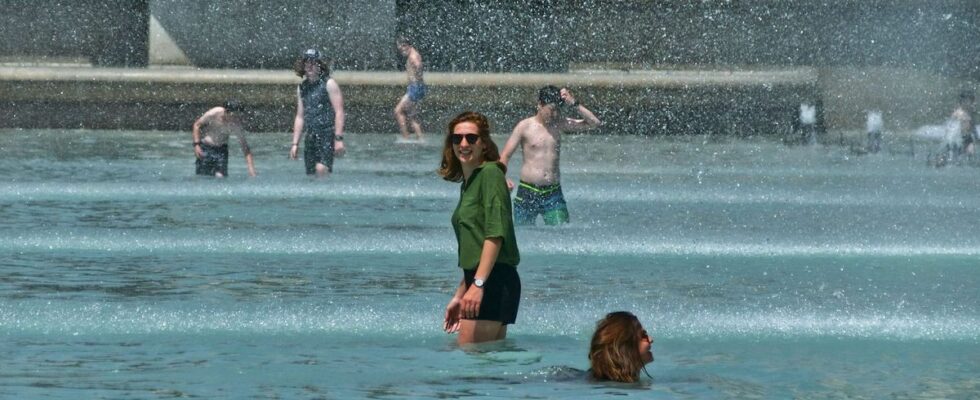Published on
updated on
Reading 2 min.
We are not all equal when it comes to heat. Many studies have shown that precarious populations and ethnic minorities are the most exposed to the harmful effects of droughts and heat waves. An environmental injustice that researchers call “cooling poverty”.
Environmental inequalities are increasingly visible. For example, populations with the lowest incomes are those most exposed to the consequences of the climate crisis, particularly pollution. Particularly glaring during the summer season, with the increase in heat waves, these injustices are also illustrated by the difficulties these populations have in accessing infrastructure that can better withstand extreme temperatures. There is even a term to describe this phenomenon: “cooling poverty”. This anglicism, which literally means “poverty in terms of cooling”, appears in a study published in 2023 in the journal Nature Sustainability.
Led by a team of Italian and American researchers, this work highlights the consequences of heat records on the most disadvantaged populations.The poorest and most disadvantaged people, who have contributed least to global warming, are those who suffer the most severe consequences of extreme heat because of their limited capacity to adapt.“, the authors of the research emphasize.
Concretely, “cooling poverty” refers to the lack of thermal comfort generated by unsuitable infrastructure, for example living in poorly insulated housing (thermal sieves) or in neighborhoods devoid of vegetation (urban heat islands) with limited access to drinking water and which do not benefit from facilities designed to lower temperatures (cool islands). Cooling poverty also applies to people who do not have technological equipment allowing them to cool down, such as fans or air conditioning systems. Added to this is energy insecurity which, as a French survey published in 2023 by the Abbé Pierre Foundation demonstrated, does not only affect winter.
“Fresh” plans to protect the most vulnerable populations
But cooling poverty encompasses a broader issue than energy insecurity: health, education and labor standards are also among the aspects to be taken into account when measuring cooling poverty.Cooling poverty can force people to adopt outdated, inefficient and dangerous cooling devices, such as old air conditioners, which pose a health risk (legionella), or water tanks, which facilitate the spread of mosquito-borne diseases (dengue, chikungunya, etc.)“, explains Antonella Mazzone, a researcher at the University of Oxford and author of several studies on cooling poverty, including one made in Rio de Janeiroin Brazil.
This year, several French cities have implemented plans to cool their residents and protect the most vulnerable from extreme heat. This is the case in Toulouse, for example. In a red heatwave alert situation, the municipal swimming pools in the Ville Rose have extended their opening hours and are offering an incentive rate of €1 (compared to €3.40 normally). For its part, the City of Lyon is offering free cinema tickets to residents receiving minimum social benefits, in order to help them protect themselves from the heat. Other measures have been initiated in this direction by the capital of the Gauls, in particular the original proposal to have residents sleep under the stars in Blandan Park (7th arrondissement), in the event of a red heatwave alert.
